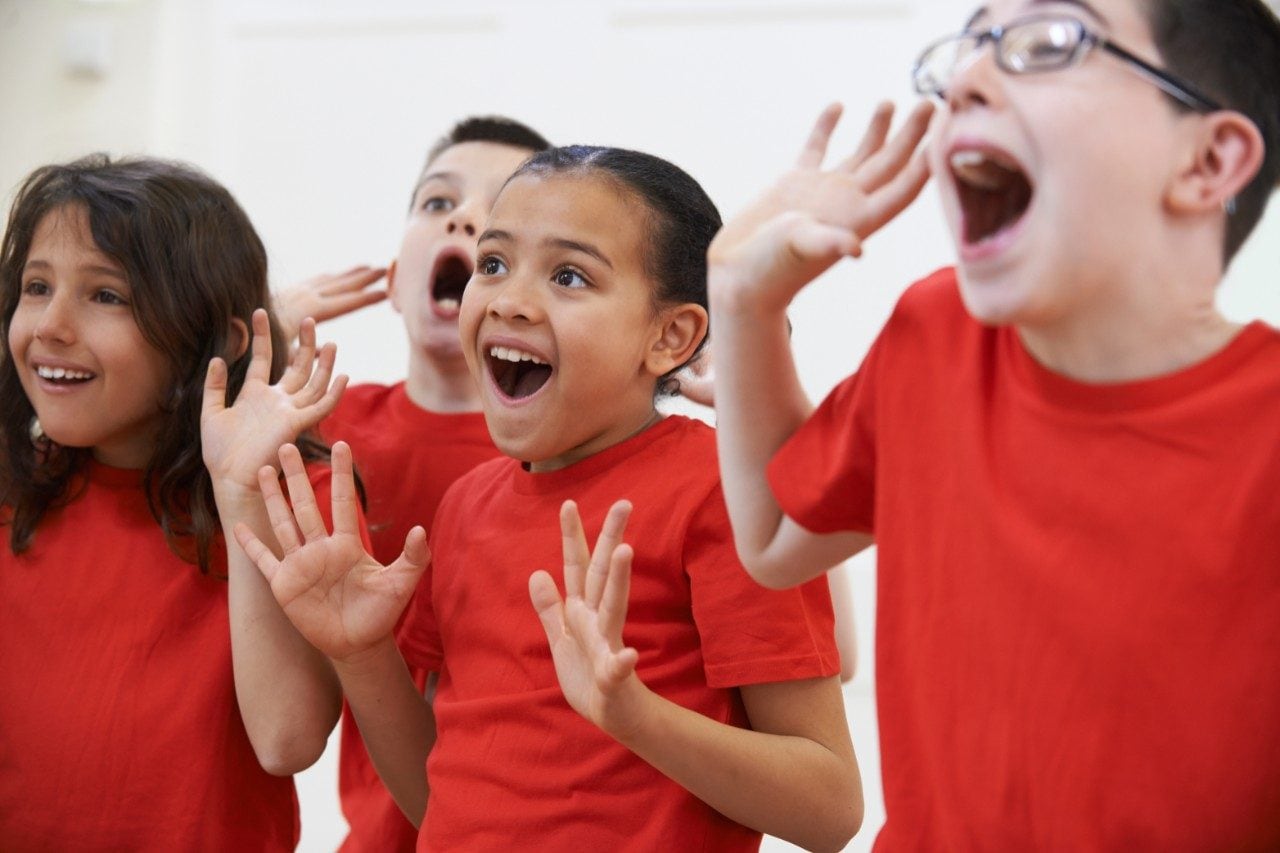Play (the work of children)
by

In classrooms up and down the land *we have all seen young children working hard to express themselves, we have seen them working hard to understand what is being asked of them and we have seen them working hard to maintain their attention on the task at hand, we see children in the playground working hard to make and maintain friendships and we know how hard this work is for some children.
In the playground we see children who struggle to make friends, who struggle to understand the rules of the games, who struggle to build the relationships and to connect with other children. In the classroom we see children who get frustrated and angry, we even see the ones who get sad when they don’t understand or can’t make themselves understood.
Sometimes it’s hard to see the children who have learnt how to disappear, the ones who smile sweetly most of the time, the ones who half raise their hand hoping no one will notice, the ones who look intently at their work but at the end of the day haven’t actually got much done.
- Adam Annand
We have read the papers, we have listened to policy announcements, we understand that up to 50% of children in poorer areas have speech, language and communication needs, we know the correlation between young people with communication needs and those referred for mental health services, and that between 60—90% of young offenders have a speech language and communication need. We are aware that there are lots of things that can make a difference for these children, things that can support them individually and adaptations to practice that can make the environment they are living, learning and building relationships in more supportive and communication friendly.
What we have discovered as drama practitioners on the Speech Bubbles programme is that our unique creative practice can be refined and honed to be part of that support for children to find a way to build their confidence to communicate, to be creative storytellers and to develop personal and social interactions. And the great thing for us is that we are working with children’s instincts to play, to tell stories, to act them out and to have fun! In small groups this playful work can support those children who have become frustrated, the ones who have become sad and the ones who try and disappear.
Over the last 10 years we have been improving the programme and have taken advice from therapists, educationalists, academics and other theatre makers but mostly we have been listening to children and their stories.
'I Play'
I play music, I play jumping, I play Ben 10, I play Sonic, I play Power Rangers and I play games, I play jumping and racing, I play skipping and jumping and I play games.
- Michael aged 6
We are absolutely delighted that this work has been recognised with the Shine A Light, SLCN Innovation of the year award and look forward to more play, more stories and more communication.
(*We) Teachers, Speech and Language Therapists, parents, carers, head teachers, teaching assistants, academics, arts educators.
About the Author
Adam Annand is Associate Director at London Bubble
Speech Bubbles is an in-school drama for communication intervention for children aged 5-7 years. For more info visit www.speechbubbles.org.uk
